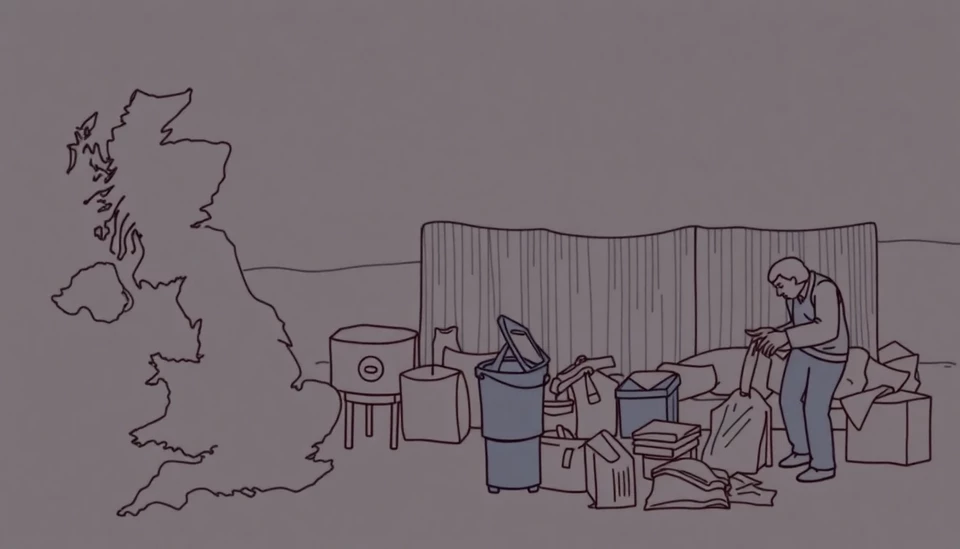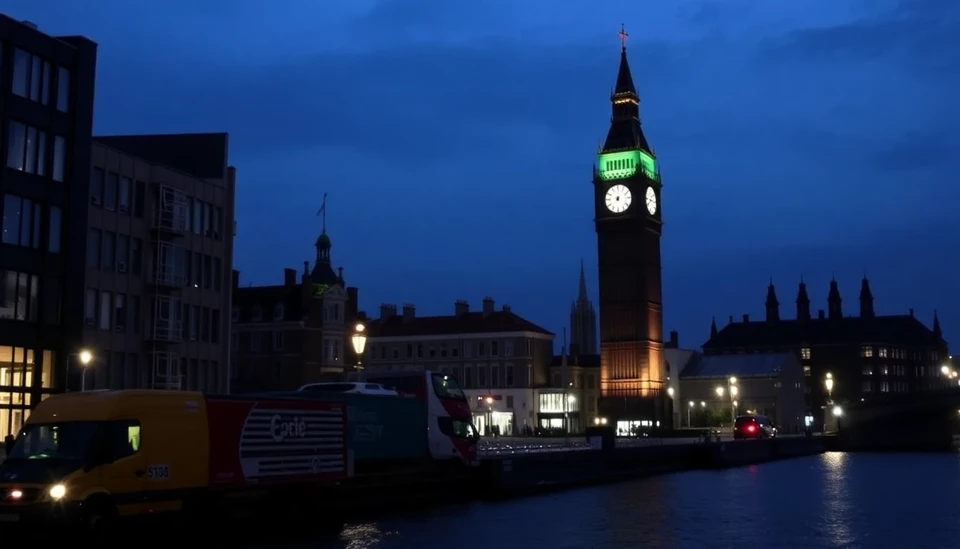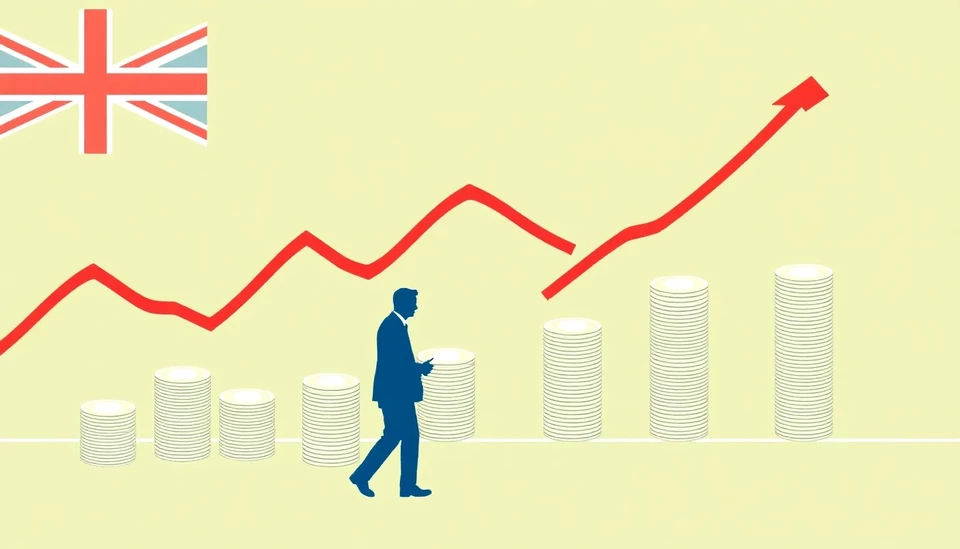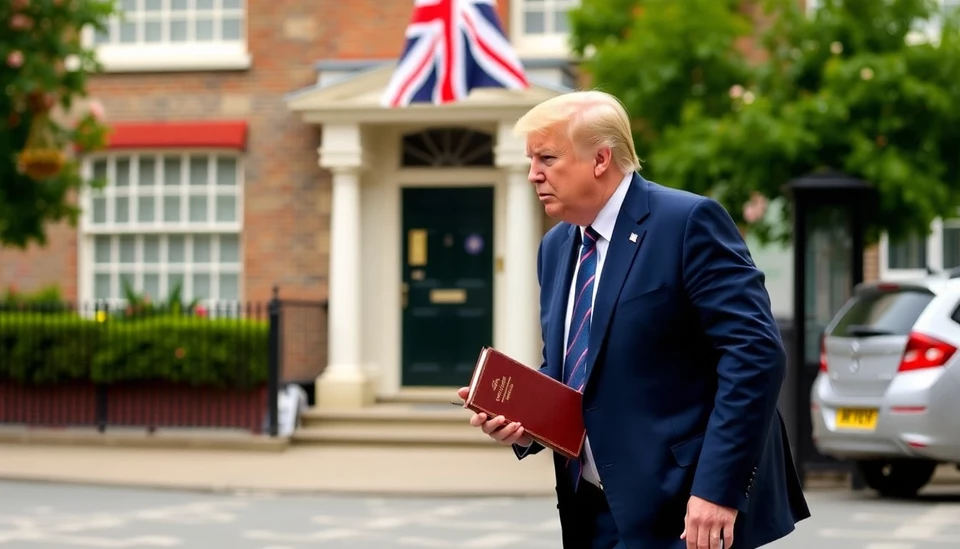
The economic landscape for the poorest households in the United Kingdom is projected to deteriorate significantly over the next several years, with economists warning that many will struggle until at least 2027. This stark forecast comes amid ongoing concerns about the rising cost of living and stagnant wages that disproportionately affect lower-income families.
Recent analyses reveal that while the economy is expected to recover after the pandemic, the benefits will not trickle down to the most disadvantaged. The disparities in economic growth highlight a concerning trend; those at the lower end of the income spectrum are set to face further hardships, exacerbating existing inequalities.
Experts attribute this grim outlook to several factors, including persistent inflation, which continues to erode purchasing power. Essential items such as food and energy have seen significant price hikes, further straining household budgets. Many families have already reported being unable to afford basic necessities, leading to increased reliance on food banks and other community aid resources.
Additionally, wages have not kept pace with inflation. Despite some areas of the job market showing signs of growth, many workers find themselves in low-paying positions that do not offer the financial relief needed for a better quality of life. This situation has led to a lack of investment in skills and training for these workers, perpetuating a cycle of poverty.
Furthermore, government policies implemented in response to previous crises have not sufficiently addressed the structural issues that underlie poverty in the UK. With the current political climate continuing to focus on short-term fixes rather than long-term solutions, concerns are mounting that significant portions of Britain's population will remain economically vulnerable, facing persistent challenges until the latter half of the decade.
In light of these predictions, numerous advocacy groups have called on the government to prioritize policies aimed at alleviating poverty. Suggestions have included increasing the minimum wage, expanding access to affordable housing, and improving social services that are crucial for the health and well-being of low-income families.
The collective concern among economists, social workers, and community leaders is palpable, as they emphasize the need for immediate and effective action. The sentiment echoes the urgency for systemic change to ensure that the most vulnerable populations are not left behind as the nation navigates its economic recovery.
As the clock continues to tick toward 2027, the UK's poorest citizens must brace themselves for a challenging road ahead unless significant policy shifts are made to improve their living conditions.
In conclusion, the forecast presents a disheartening picture, underscoring the essential need for renewed focus on equitable economic growth and robust support systems for those who are suffering the most.
#UKEconomy #Poverty #CostOfLiving #EconomicInequality #FinancialStruggles #WageStagnation
Author: Daniel Foster




